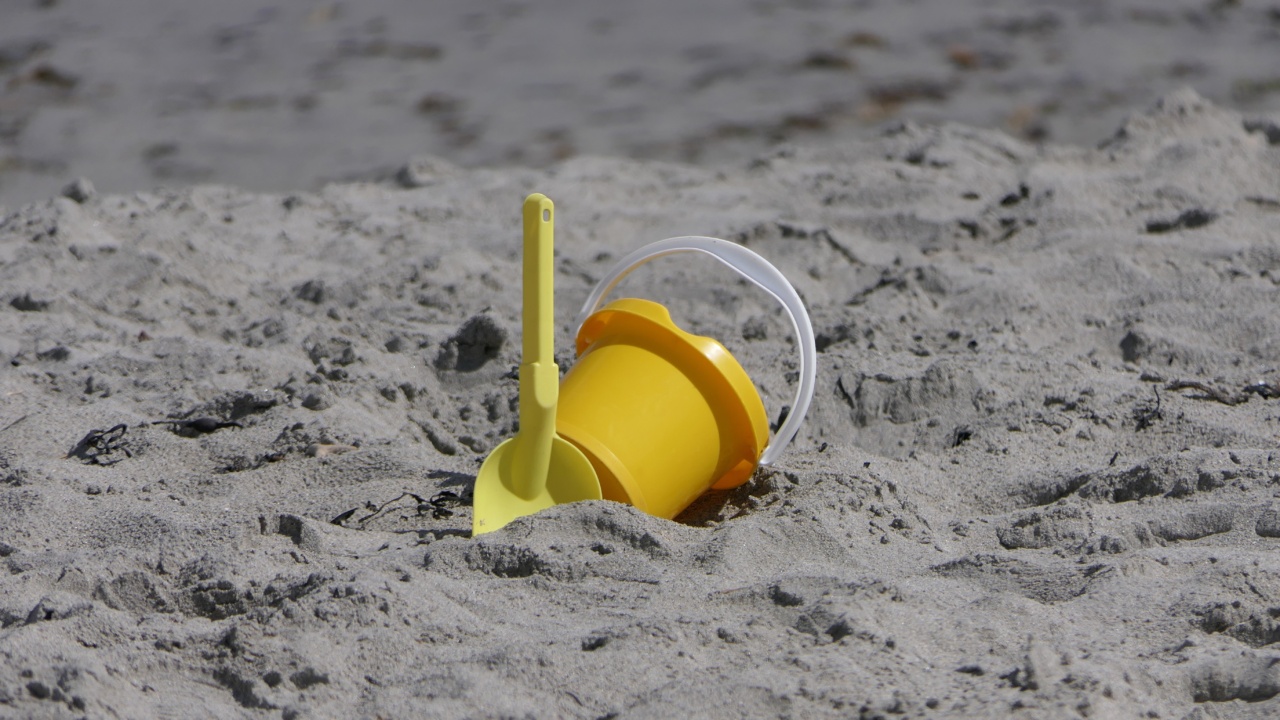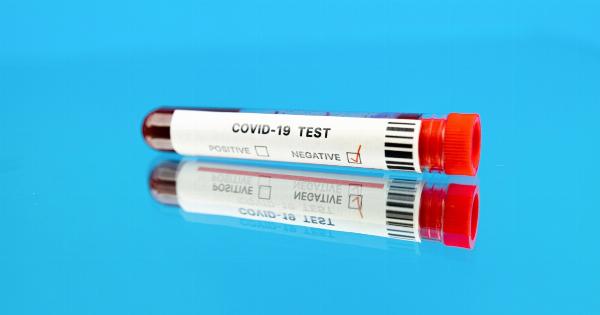As the world continues to grapple with the outbreak of the Koroneovirus, one of the most important questions that needs to be answered is how long patients should be quarantined to prevent the spread of the virus.
Quarantine is an essential public health measure that helps prevent the spread of contagious diseases. In this article, we will take a closer look at the Koroneovirus, how it spreads, the quarantine period, and why it is important.
What is the Koroneovirus?
The Koroneovirus, also known as COVID-19, is a highly contagious respiratory illness caused by the SARS-CoV-2 virus.
The virus first emerged in Wuhan, China, in December 2019, and has since spread to different parts of the world, causing a global pandemic. As of June 2021, there have been over 174 million confirmed cases of the virus, with over 3.7 million deaths worldwide.
How does it spread?
The virus is primarily spread through respiratory droplets when an infected person coughs, sneezes, talks, or breathes.
The droplets can land on surfaces and objects, and people can contract the virus by touching these surfaces and then touching their nose, eyes, or mouth. The virus can also spread by close contact with an infected person or through airborne transmission in enclosed spaces with poor ventilation.
What is quarantine?
Quarantine is a public health measure that involves separating and restricting the movement of people who have been exposed to a contagious disease, but who are not yet sick, to prevent the spread of the disease.
The aim of quarantine is to keep people who might have been exposed to the virus away from others while they monitor for symptoms and get tested.
How long should patients be quarantined?
The duration of quarantine for patients with Koroneovirus varies depending on several factors, including the severity of their symptoms, the level of exposure to the virus, and the guidance of public health officials.
According to the Centers for Disease Control and Prevention (CDC), the recommended quarantine period for individuals who have been exposed to the virus is 14 days.
After exposure, it can take 2-14 days for the virus to cause symptoms. This is known as the incubation period. During this period, patients may not know they have the virus and can unknowingly spread it to others.
Therefore, it is essential to monitor for symptoms and get tested if you have been exposed to the virus.
If you test positive for Koroneovirus, the CDC recommends self-isolation for at least 10 days from the onset of symptoms and until at least 24 hours after the resolution of fever without the use of fever-reducing medications and improvement in other symptoms.
Why is quarantine important?
Quarantine is an essential public health measure in controlling the spread of infectious diseases. It helps to prevent the spread of the virus from one person to another, particularly in cases where the person may be asymptomatic.
It also provides an opportunity for healthcare workers to monitor the exposed individual and provide medical attention if needed.
During the quarantine period, patients are advised to monitor their symptoms, maintain good hand hygiene, wear a mask, and avoid contact with other people to reduce the risk of spreading the virus to others.
Quarantine is an effective way to break the chain of transmission of the virus and reduce the number of cases of Koroneovirus.
The importance of adhering to quarantine guidelines
Adhering to quarantine guidelines is crucial in controlling the spread of Koroneovirus. People who are under quarantine should follow public health guidelines to reduce the risk of spreading the virus to others.
This includes avoiding contact with people who are not under quarantine, wearing a mask, and practicing good hand hygiene.
It is also vital for people to report any symptoms of illness to their healthcare provider and get tested for the virus if they have been exposed. This will help public health officials to identify and isolate potential cases of the virus quickly.
In conclusion
Quarantine is a necessary public health measure to control the spread of Koroneovirus. Patients who have been exposed to the virus should be quarantined for at least 14 days to prevent the spread of the virus to others.
If a patient tests positive for the virus, they should self-isolate for at least 10 days from the onset of symptoms and until at least 24 hours after the resolution of fever without the use of fever-reducing medications and improvement in other symptoms. Adhering to these guidelines is crucial in controlling the spread of the virus and reducing the number of cases of Koroneovirus.




























